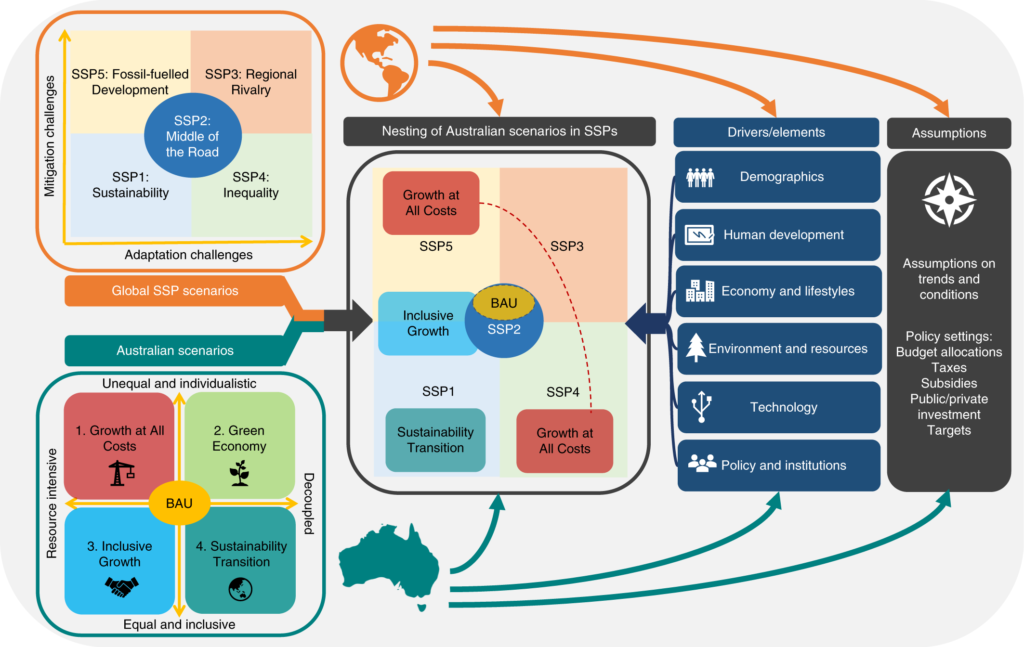
Australian Federal Policy: Driving Sustainable Business Practices

In recent years, the global community has witnessed a growing concern for environmental sustainability and responsible business practices. Recognising the importance of addressing these pressing issues, the Australian federal government has implemented various policies to encourage and support sustainable business practices across the country. By focusing on areas such as renewable energy, waste management, carbon reduction, and green innovation, Australia is striving to create a more sustainable and thriving economy. This article explores the key federal policies that have been introduced to promote sustainable business practices in Australia.
1. National Carbon Offset Standard (NCOS):
The National Carbon Offset Standard (NCOS) is a voluntary carbon offset scheme introduced by the Australian government. It provides a framework for organisations to measure, reduce, and offset their carbon emissions. Under this standard, businesses can become certified as carbon neutral by implementing emission reduction strategies and purchasing carbon offsets from accredited projects. The NCOS not only helps businesses mitigate their impact on climate change but also fosters a culture of sustainability and innovation.
2. Renewable Energy Target (RET):
The Renewable Energy Target (RET) is a federal policy that aims to increase Australia’s share of renewable energy generation. The target requires a fixed percentage of electricity to be generated from renewable sources, such as solar, wind, and hydro power. By setting this target, the government encourages investment in renewable energy projects and supports the transition away from fossil fuels. The RET has been instrumental in driving the growth of the renewable energy sector in Australia, creating job opportunities and reducing greenhouse gas emissions.
3. Clean Energy Finance Corporation (CEFC):
The Clean Energy Finance Corporation (CEFC) is a government-owned financial institution that invests in clean energy projects and technologies. The CEFC provides funding and expertise to accelerate the development and deployment of innovative clean energy solutions. By supporting businesses and entrepreneurs in the clean energy sector, the CEFC plays a crucial role in driving sustainable business practices and fostering the transition to a low-carbon economy.
4. Circular Economy and Waste Management:
The Australian federal government has recognised the importance of transitioning to a circular economy, where resources are utilised efficiently and waste is minimised. To address this, various policies have been introduced to promote waste management and resource recovery. The National Waste Policy sets out a framework for waste management, including recycling, composting, and reducing waste generation. Additionally, the Product Stewardship Act encourages businesses to take responsibility for the entire lifecycle of their products, from design to disposal.
5. Green Innovation and Research:
The federal government has been actively supporting green innovation and research through initiatives such as the Australian Renewable Energy Agency (ARENA) and the Cooperative Research Centres (CRC) program. These programs provide funding and support for research and development projects focused on renewable energy, energy efficiency, and sustainable technologies. By investing in innovation, Australia aims to foster the growth of sustainable businesses and position itself as a leader in clean and green technologies.
Australia’s federal policies regarding sustainable business practices demonstrate a commitment to addressing environmental challenges and fostering economic growth. By implementing initiatives such as the National Carbon Offset Standard, Renewable Energy Target, Clean Energy Finance Corporation, and waste management policies, the government is creating an enabling environment for businesses to adopt sustainable practices. These policies not only benefit the environment but also drive innovation, job creation, and economic resilience. As Australia continues to embrace sustainability, it sets an inspiring example for other nations to follow in the pursuit of a greener and more prosperous future.

